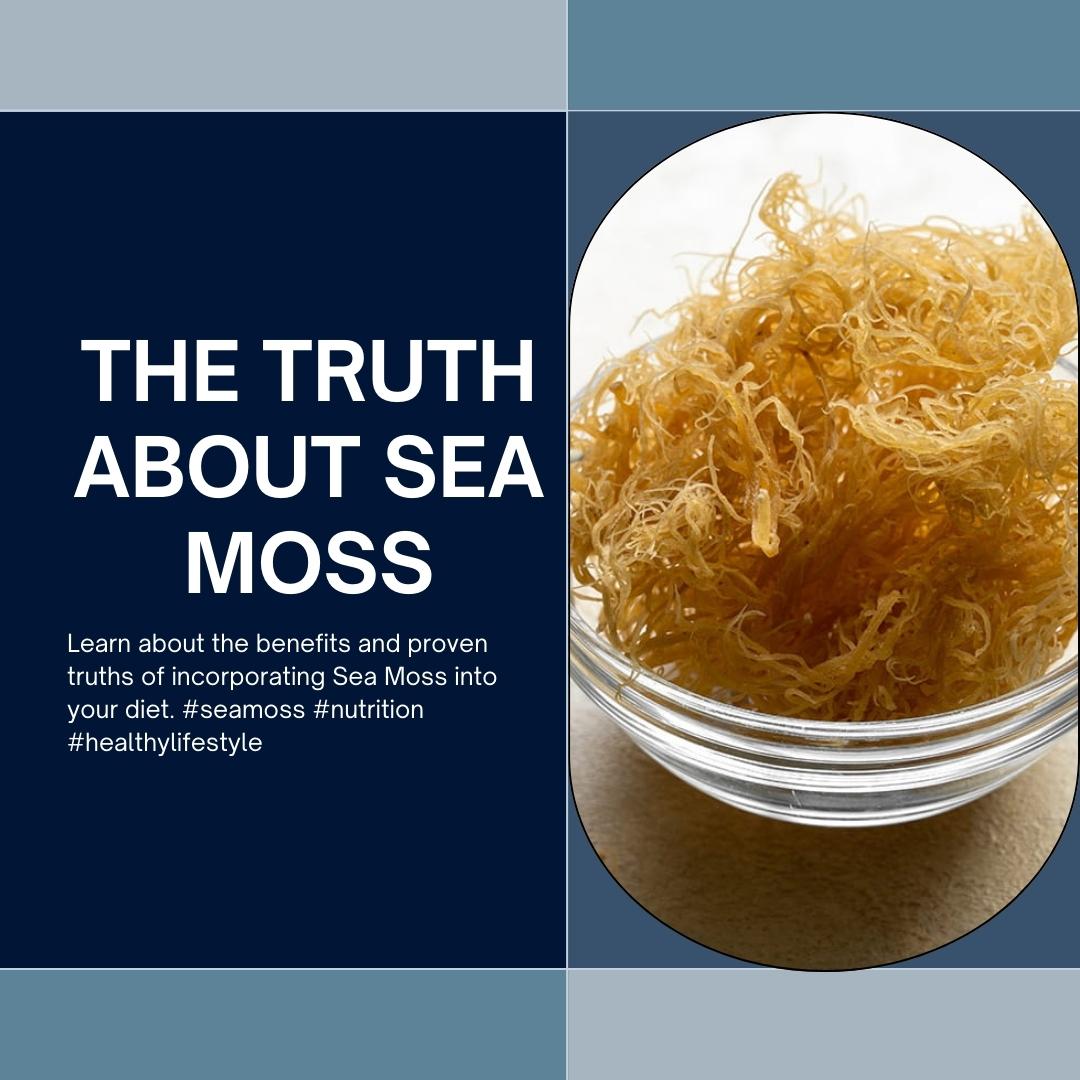
Thanks to social media, mysterious gurus and capitalism Sea Moss aka Irish Moss is having a moment.
Sea moss is an algae that grows on rocks and other surfaces in the ocean. It has been used as a food source by marine life for millions of years, and it’s also known as sea lettuce. Although it looks like moss, sea moss is not actually a plant—it’s a type of seaweed called fucus.
Yes...fucus. Grow up.
Though there are several types of sea mosses, they're all brownish-green plants with tiny scales that grow vertically out of a flat base called holdfast (as opposed to attaching themselves to rocks). They have no roots or flowers instead; they reproduce by releasing spores that float through the water until they come into contact with another piece of sea moss. Sea mosses are often confused with kelp because their coloration is similar. However, kelp grows horizontally near shore while sea mosses grow vertically below the surface farther offshore (where sunlight isn't so strong).
Benefits of Sea Moss
Sea moss is a natural alternative to help you achieve optimal health. It can be used as an anti-inflammatory and an anti-bacterial, as well as an anti-fungal and antiviral.
Sea moss has 92 of the 102 minerals that our bodies need. You could really just stop there. But it is also a great source of iodine (something many people are deficient in). It’s also loaded with Vitamin A, B, C and E—and can help balance hormones! Sea moss even helps with joint pain due to its ability to support cartilage health.
Another interesting thing about sea moss is that it’s a natural diuretic, which means people who want to lose weight may find it helpful for water retention.
While most health benefits come from consuming sea moss orally (either by drinking it as a liquid or eating it in its dried form), there are also many skin applications.
Sea Moss has tons of benefits for the human body and should be regularly used.
How to use Sea Moss
Sea Moss can be used in many ways. You can add to smoothies, soups, salads, and juices. You can even add it to your water if you are feeling briny!
Sea Moss is also great for coffee and tea. If you like to bake, then sea moss is the perfect ingredient because it will give your food that extra something special it needs without being overpowering or too sugary.
Side Effects
There are no known side effects of using sea moss. However, it is important to note that this product is not regulated by the FDA and has not been tested for safety or efficacy. While there are no known dangers associated with taking sea moss, it may be contraindicated for certain people. If you take blood thinners or have a history of bleeding disorders, you should avoid using sea moss until more research is conducted on its safety in this population.
Similarly, pregnant women and nursing mothers should avoid sea moss and those with clotting disorders such as hemophilia because of the lack of clinical testing on these populations.

